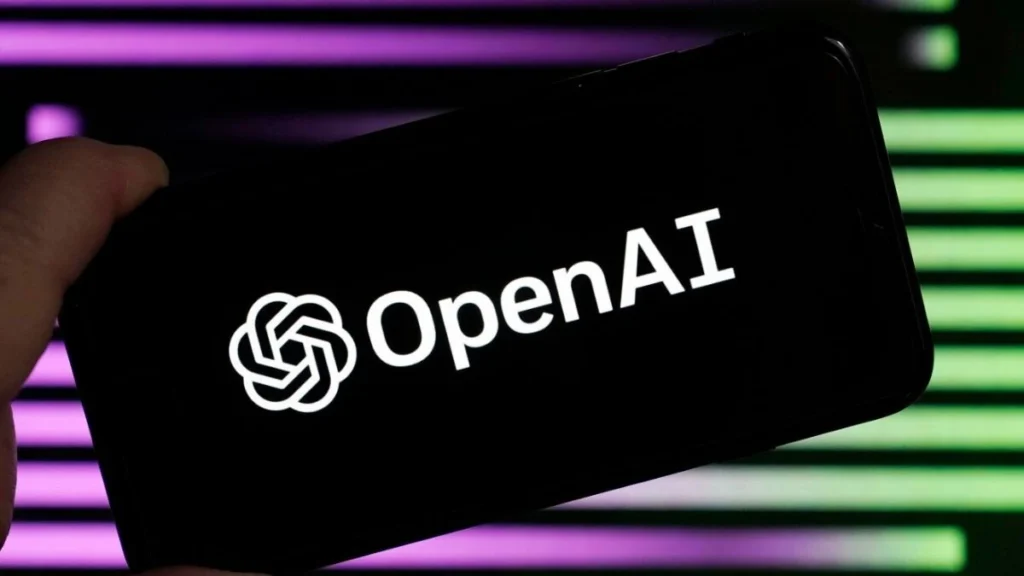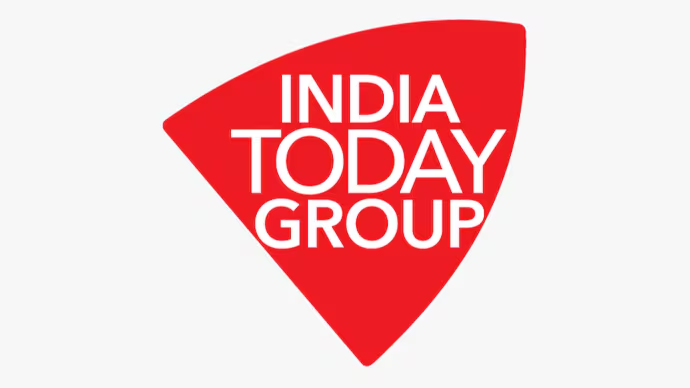AI models achieve gold-medal scores in prestigious global math contest

Sunshine Coast, July 22, 2025 – For the first time, AI models from Google DeepMind and OpenAI have won gold-level honors at the International Mathematical Olympiad (IMO). Both systems matched the performance of top high-school competitors. Google’s Gemini Deep Think solved five out of six problems within the official exam time. The IMO committee formally recognized its achievement.
Meanwhile, OpenAI said its experimental reasoning model was tested by former IMO medalists. It also solved five problems to a gold-medal standard.
Both AI systems used general-purpose reasoning models capable of understanding and solving mathematical problems via natural language. This contrasts with traditional AI approaches that rely on formal, structured representations and task-specific computation. Google opted for an official submission and certification, partnering with the IMO committee. OpenAI, however, announced its results independently after grading by three external IMO gold-medalists.
AI experts see the milestone as more than a math feat. Professor Junehyuk Jung of Brown University, a former IMO gold medalist, said the outcome suggests AI could soon assist in tackling complex problems in mathematics and science. OpenAI’s model used a “massively parallel reasoning” method, enabling deep computation during testing—though it came with high costs.
Although these AI achievements highlight rapid progress, the companies are cautious about immediate applications.Google and OpenAI both emphasize that their models aim to assist human mathematicians, not replace them. OpenAI CEO Sam Altman said the company will delay the model’s public release by several months to complete further validation and safety checks.
This marks the first time in IMO history that AI crossed the gold-medal threshold. Only 67 out of 630 students—about 11%—earned gold this year, making the AI achievement even more notable. Experts believe this could spark new collaboration between AI and humans in areas like physics and theoretical research.
Though this breakthrough demonstrates impressive reasoning capabilities, it also raises the need for accountability mechanisms, verification processes, and ethical frameworks to ensure AI tools augment human intelligence responsibly. Both companies are progressing cautiously.
Source
